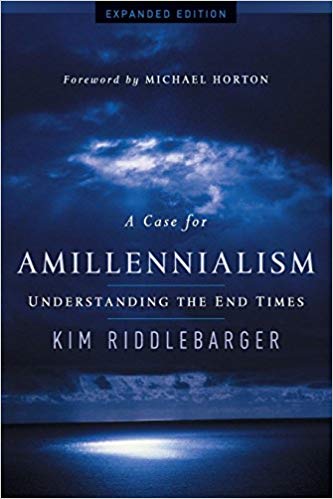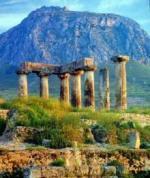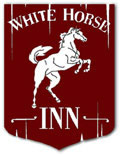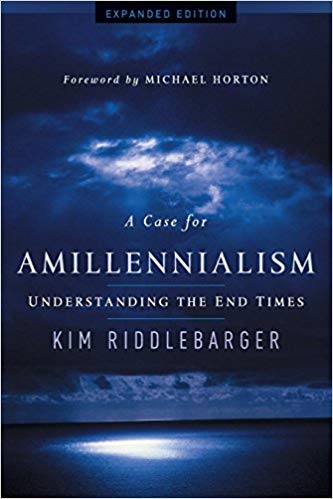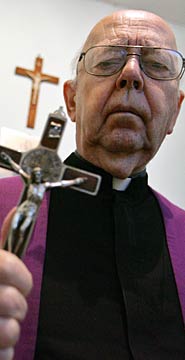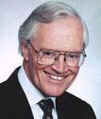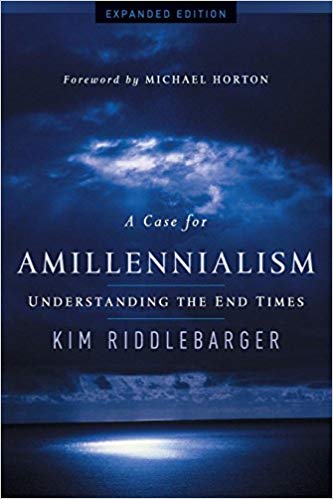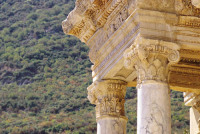 The Fifth in a Series of Sermons on Ephesians
The Fifth in a Series of Sermons on Ephesians
One of the most important issues facing Christians in the apostolic era was the racial divide between Jew and Gentile. When a Gentile came to believe that Jesus was the Son of God, many Jews expected that Gentile to now live as a Jew. This meant undergoing circumcision and keeping a Kosher diet–no small thing. Jesus was, after all, Israel’s Messiah and his coming marked the dawn of the messianic age, a period which many Jews thought would be characterized by zealous obedience to the law of God. Most Gentiles had been raised to believe in the pantheon of pagan gods, and so when they became Christians, they soon learned that much of their previously acceptable behavior was not only offensive to Jews, but was also in direct violation of the law of God. This difference in perspective created a huge divide between Jew and Gentile and provoked much conflict in the early church. When Paul writes his circular letter to the churches in Asia Minor (that letter we know as the letter of Paul to the Ephesians), at some point the Apostle must address the role of Jew and Gentile in God’s redemptive purposes so as to make sure that both his Jewish and Gentile readers clearly understand how the coming of Jesus Christ was intended to remove these divisions over race and culture which arise from human sinfulness.
We return to our series on Ephesians, and we take up the second half of Ephesians chapter two (vv. 11-22). Recall that Paul composed this epistle in about A.D. 62 while imprisoned in Rome. As we have noted, it is likely that the Book of Ephesians was originally composed as a circular letter which was intended to be read in a number of churches. But the letter eventually became identified with the predominantly Gentile church in the city of Ephesus (in Western Asia Minor). Paul’s letter has two main sections. In the first section (1:1-3:21), Paul describes the work of Christ in relation to God’s eternal purposes. The Apostle explains how God’s purposes are worked out in redemptive history “in Christ.” In the second part of the letter (4:1-6:24), Paul discusses Christ’s formation of his church and our collective role in that new society formed by the Savior himself. Paul speaks in some detail of the church, and the gifts given it by the Holy Spirit. Paul will describe what it means to walk in love, and he will speak about transformed relationships between husbands and wives, parents and children, slaves and masters, before describing the spiritual weapons the Lord has given us which enable us to endure the trials as well as resist the temptations of this present evil age.
In the opening chapter, Paul sets out what we’ve been calling the panorama of redemption–the box top of the puzzle, if you will. The Apostle takes us from eternity past (when God decreed to save his elect in Christ) all the way until the redemption of our bodies–the day the Lord Jesus returns to raise the dead, judge the world, and make all things new. Paul speaks in overtly Trinitarian terms of how the Father chose to save his elect in Christ, how he sent his son Jesus to provide for the redemption of those whom the Father had chosen, and then how the Holy Spirit calls all those to faith all those whom the Father has chosen, for whom the Son has died. This is the grand pattern of redemption–redemption decreed, redemption accomplished, and redemption applied.
To read the rest of this sermon, Click here
 Sunday, March 14, 2010 at 09:23PM
Sunday, March 14, 2010 at 09:23PM  "I think it was true it was people like you that crucified Christ
"I think it was true it was people like you that crucified Christ Kim Riddlebarger
Kim Riddlebarger
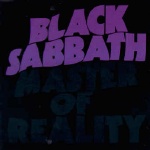 This is from Black Sabbath's song After Forever on the Master of Reality Album (their third). As a kid, I remember being told they were satanic devil worshipers. Turns out they were poor rhyming Arminians.
This is from Black Sabbath's song After Forever on the Master of Reality Album (their third). As a kid, I remember being told they were satanic devil worshipers. Turns out they were poor rhyming Arminians.

